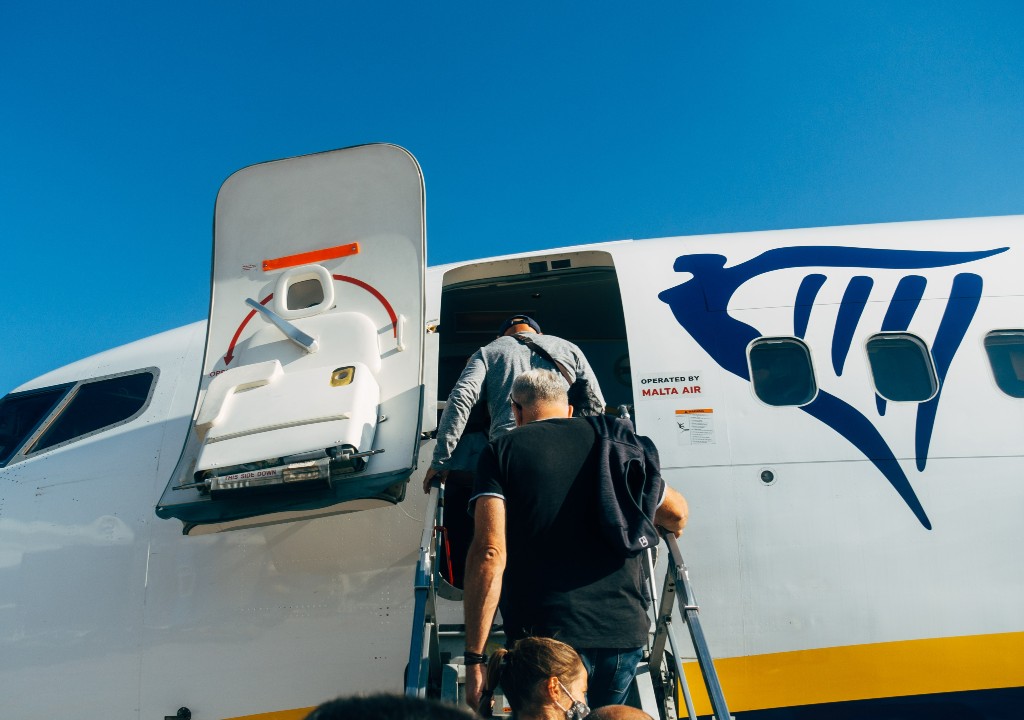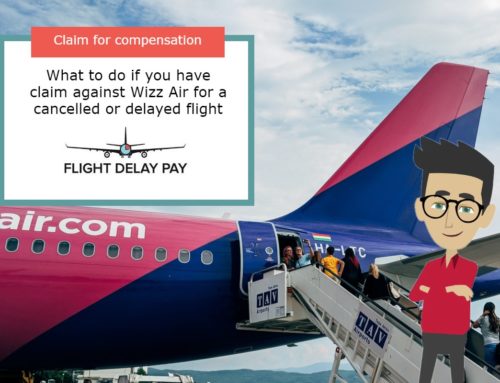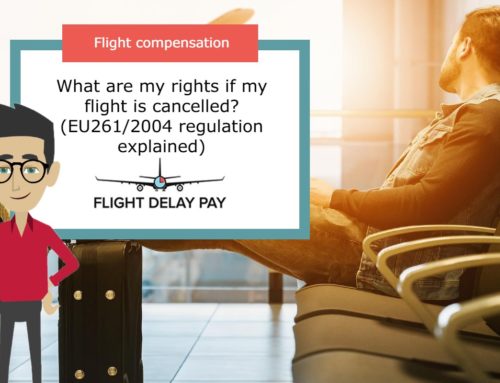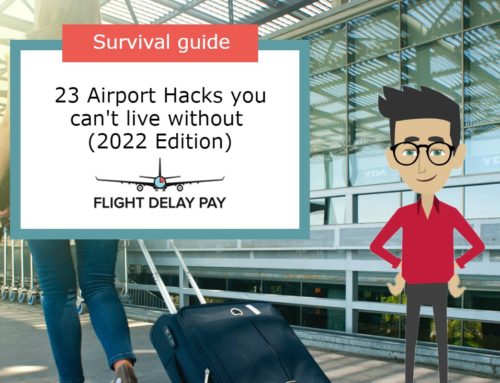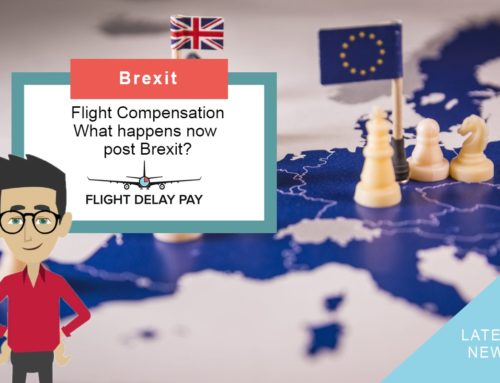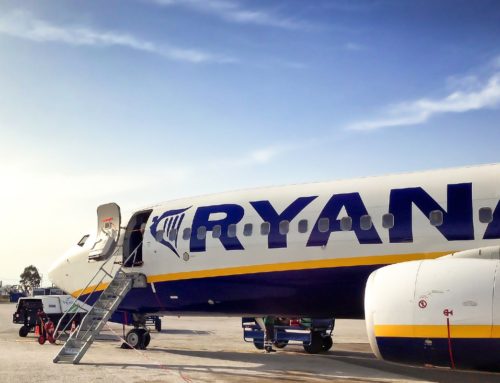| Harding V Ryanair |
|---|
| Flight: China (CHQ) to Manchester, UK (MAN) |
| Flight No: FR2822 |
| Date: 17th July 2018 |
| Time: 20.25 |
When is an Air Traffic Management Decision (ATMD) not an “extraordinary circumstance”.
In a recent case brought to County Court at Liverpool Paul Harding v Ryanair G81YJ585 on 15th November 2022 it was held that an Air Traffic Control Decision (ATMD) which effected the first flight on a rotation of four flights was too remote to be considered extraordinary for the fourth flight.
The case was brought by Air Passenger Solicitors Limited aiming to demonstrate that the real reason for the delay was the tight turnaround times for each rotation.
The facts of this case are as follows:
The Ryanair aircraft was due to fly four rotations during the day namely:
Rotation 1. FR3204 from Manchester at 06.15 arriving Rome 09.00
Rotation 2. FR3205 from Rome at 9.25 (25 minute turnaround) arriving at Manchester 12.20
Rotation 3.FR2821 from Manchester 12.55 (35 minute turnaround) arriving Chania 17.00
Rotation 4. FR2822 from Chania at 17.25 (25 minute turnaround) arriving at Manchester at 21.20
Rotation 1 Was delayed until 6.53 due to an allocation of later departure slot by Air Traffic Control (ATC). Arriving with a 20 minute delay
Rotation 2 This flight required a new slot since the turnaround time of 25 minutes was reduced by the incoming delayed flight to 5 minutes which is not possible. This flight departed at 11.06 arriving at Manchester with a delay of 1 hour 41 minutes
Rotation 3. The aircraft flew to Manchester with an arrival delay of 1 hour 4 minutes incurring a further delay due to refuelling – arriving at Chania with a delay of 3 hours 34 minutes.
The court took into account Blanche v easyJet. Where it was found that ATM’s decisions are treated as extraordinary circumstances as the imposition is beyond the control of the Airline.
The court also considered Dunbar v easyjet where it was held:
“there has to come a point where extraordinary circumstances cease to exist or at the very least the longer between circumstances causing the original delay coming to an end and the continuation of the delays the weaker the extraordinary circumstances exception must be”
In our case the court agreed with Dunbar v easyjet stating:
“ Whilst it is accepted that the ATC restriction on the first flight would amount to an extraordinary circumstance, its effect on a flight 3 rotations later is “weaker” and not causative of that delay. The Defendant is a large operator of commercial flights with a substantial fleet and resources and could and should have avoided the subsequent delay from an event at least 10 hours earlier such the defence under 5(3) of Reg 261/2004 fails.
The court also accepts the claimants submission that the real cause of the delay was the tight turnaround time given to the aircraft operating the rotations. The judge said …. They are operating a low budget commercial airline and have tight commercial considerations. If all flights run to time they win but if small disruptions occur the schedule becomes impossibly tight and they then fall on the good graces of ATC to give them new slots. That is a risk they seem prepared to run but it is a risk with inevitable consequences should things go wrong. In this case the compounding delays were inevitable once the first delay was incurred and the claim flight is simply too distant in time to have been directly affected so the Defence fails on causation.”
Extraordinary circumstances defence is a two limb defence and the Defendant would also need to show “reasonable measures” . The court will therefore look to see whether alternative arrangements were made. As no evidence was made the defence of reasonable measures also fails.
This is an interesting case heard in Liverpool where they specialise in EC261/2004 matters. We would recommend that District Judge Lampkin’ s comments are carefully scrutinized.
What lessons can be drawn?
- A delay on an earlier rotation which is deemed extraordinary circumstance is not always a defence for delays on later rotations.
- This case was won by through preparation of the “bundle” ( legal papers detailing our case) for the court with clear notes on delays and landing times of previous rotations as prepared by Air Passenger Solicitors Limited.
- We would recommend using a Solicitor on a No Win No Fee basis to help manage your case.
I have a claim what should I do?
Please click on the link below to commence your claim if you wish to make use of Air Passenger Solicitors No Win No Fee facility.

